As a kid, you were always told that warts come from toads, but that is just a tale told by your grandparents. Up to this day, there are still a lot of questions about warts. First of all, warts are small bumps that usually grow in the fingers or hands. They are fleshy and their colors usually vary from pink, tan or white. Some warts also come with clotted blood vessels which show as black pinpoints. But where do warts really come from? How do you prevent or treat them? This article will answer some frequently asked questions about warts.
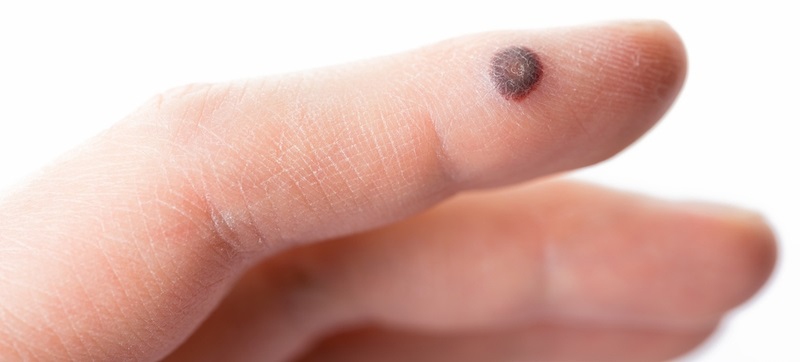
Are Warts Contagious?
First things first, yes, warts is really contagious. Warts are caused by human papillomavirus that is why they are contagious. They can be transferred from one person to another by simply touching the person’s warts or by touching surfaces that the person with warts got in contact with, like using the other person’s towel.
Warts can also be transferred from one part of the body to another that is why picking on your warts is greatly discouraged. Frequent hand washing is also advised. Razors can also spread the virus to other areas of your body if you shave over warts. Open wounds and picking on your warts also increases the risk of getting infected with the virus. Once infected, it may take some weeks before warts become visible.
When the human papillomavirus enters the skin through cuts and scratches, it may cause an infection leading to the development of warts. There are persons who get warts more often than others, but experts still cannot explain why is this so. However, children have higher risks of developing warts than adults because kid's body hasn't develop the antibodies needed to fight many forms of virus.
How to Deal With Warts
Medication
Since you have known the answer to the question, “Are warts contagious?” the next issue needs to be addressed is how to treat them.
Doctors usually use strong peeling medicines combined with salicylic acid to treat warts. This method peels the wart until it is completely gone. Salicylic acid was proven to be more effective when combined with cryotherapy.
Cryotherapy or freezing is the application of liquid nitrogen to the warts so that it forms blisters. They will eventually slough off within a week. This method may require several treatments and it may be painful. It may also cause discoloration in the affected area.
Another method is using bichloroacetic or trichloroacetic acid. The doctor will slough off the surface off the warts and then apply the solution directly. This may cause a stinging sensation and it may require repeat treatments.
The last method used by doctors is pulsed dye laser treatment. This method burns tiny blood vessels until the infected tissues die and the wart falls off. The disadvantage of this treatment is that it causes scarring.
Home remedies
You need convenient nonprescription treatments that can be used at home to manage your condition, especially after you get a yes from the question, "Are warts contagious?"
For common warts, you can turn to 15% patch or 17% solution of salicylic acid. Use one of these preparations daily for a few weeks and you'd better soak your wart in warm water for 10-20 mins before applying the medication. You may also use a pumice stone to remove dead skin cells in between treatments.
Another way to treat your warts at home is with the use of nonprescription liquid nitrogen sprays. Just keep in mind that these sprays may be flammable and must be kept away from fire.
People with warts can also use duct tape as a form of treatment. For a period of 6 days, cover your wart with a silver duct tape and then soak it in water. Use a pumice stone to remove dead tissues. Let the warts be exposed for 12 hours before repeating the procedure.
When to seek medical help
While warts are not emergencies, there are times when you need to see a doctor:
If you had been treating your warts with salicylic acid for more than 12 weeks;
If you see no improvements despite using several methods of treatment;
If you notice that your wart is painful, bleeds when you accidentally bump into it;
If it changes in its appearance.
You also need to keep in mind that there is a kind of wart called “genital warts”. These are warts found in the vagina or anus. Are warts contagious in this case? Of course, these warts can be sexually transmitted. The treatment methods listed in this article are not applicable to genital warts, instead, a person with these kinds of warts must visit a doctor immediately.


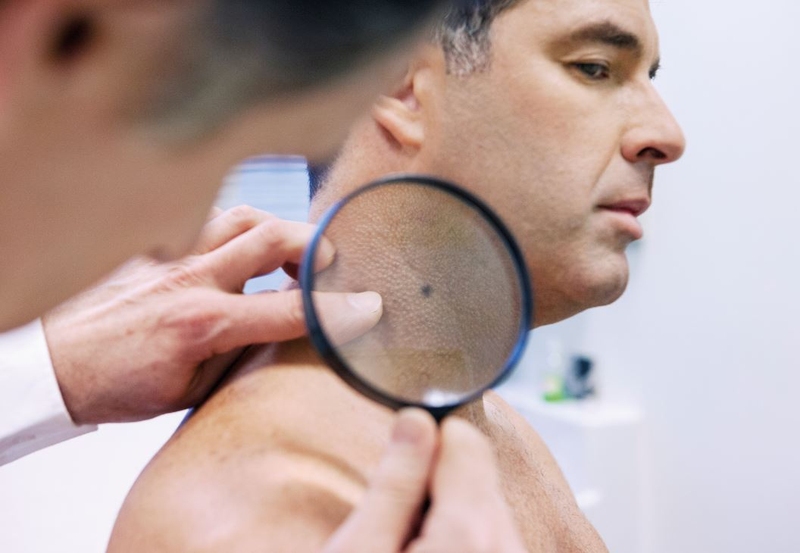
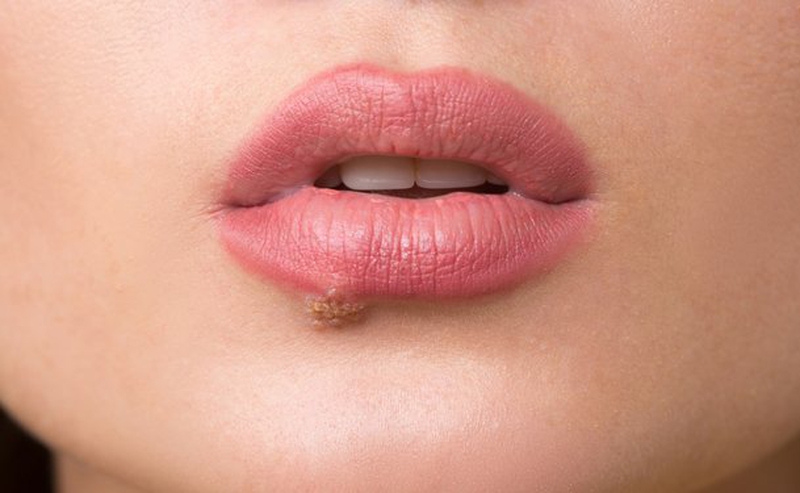
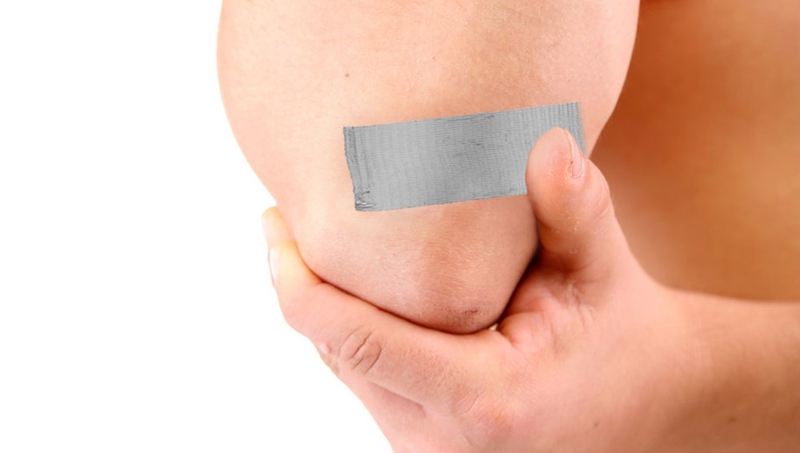
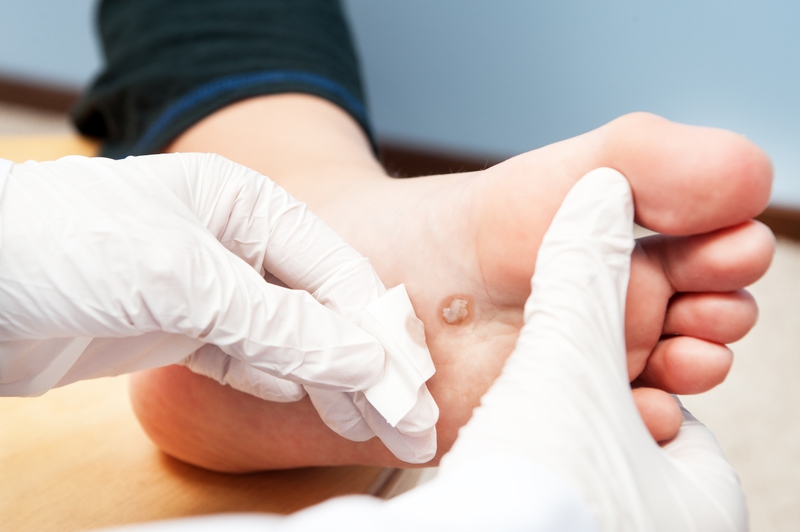
View All Comments /Add Comment